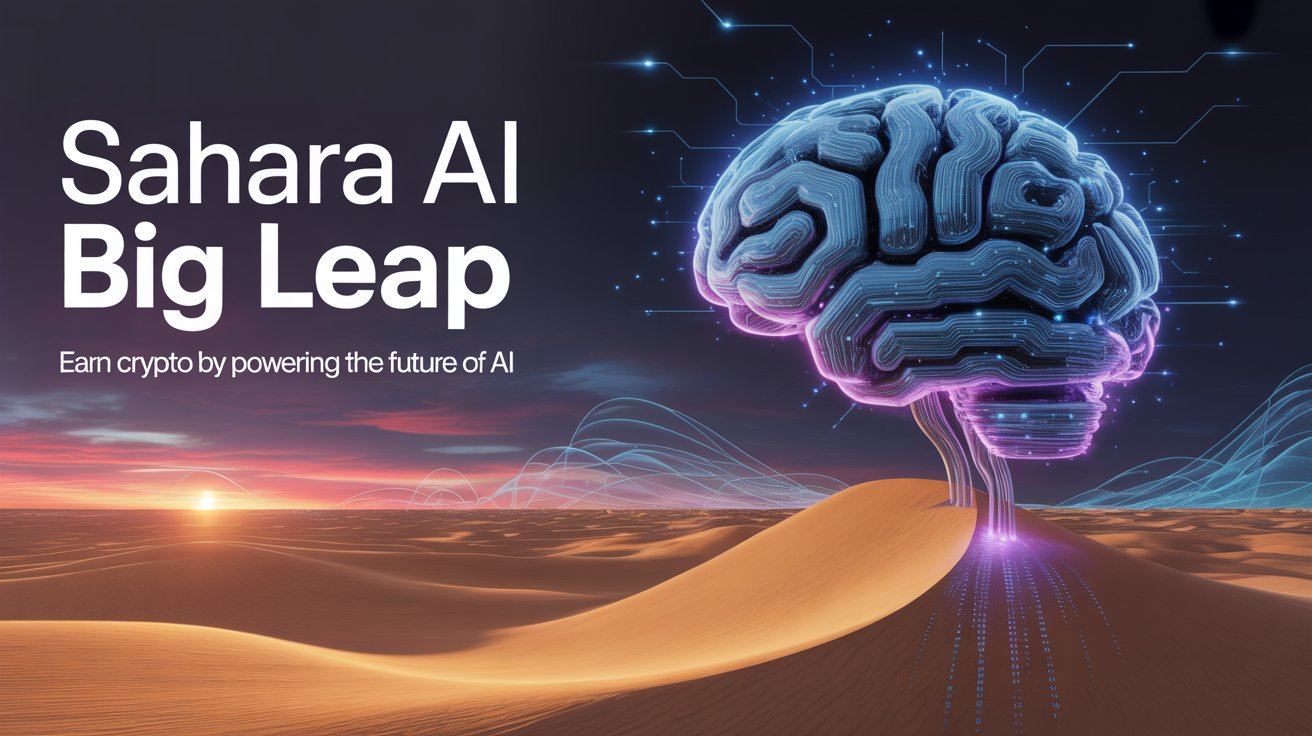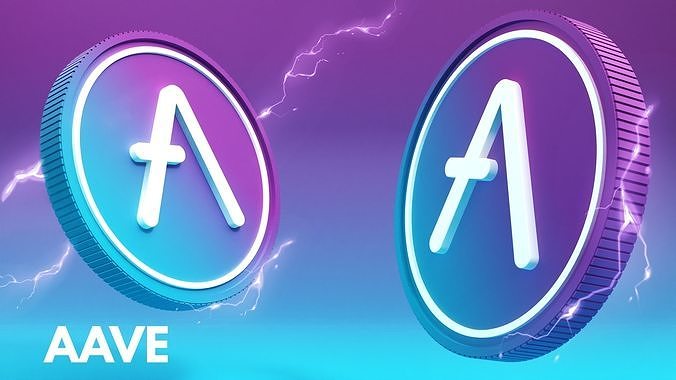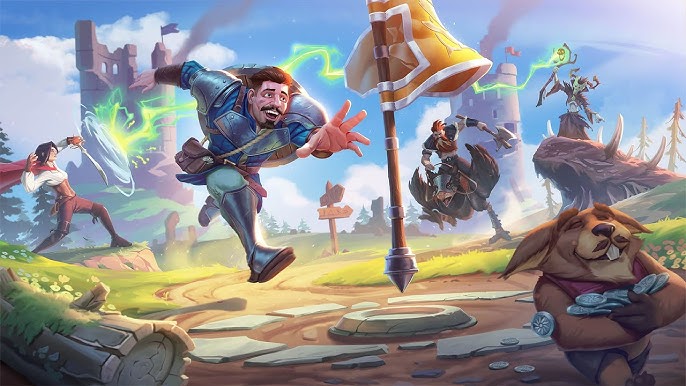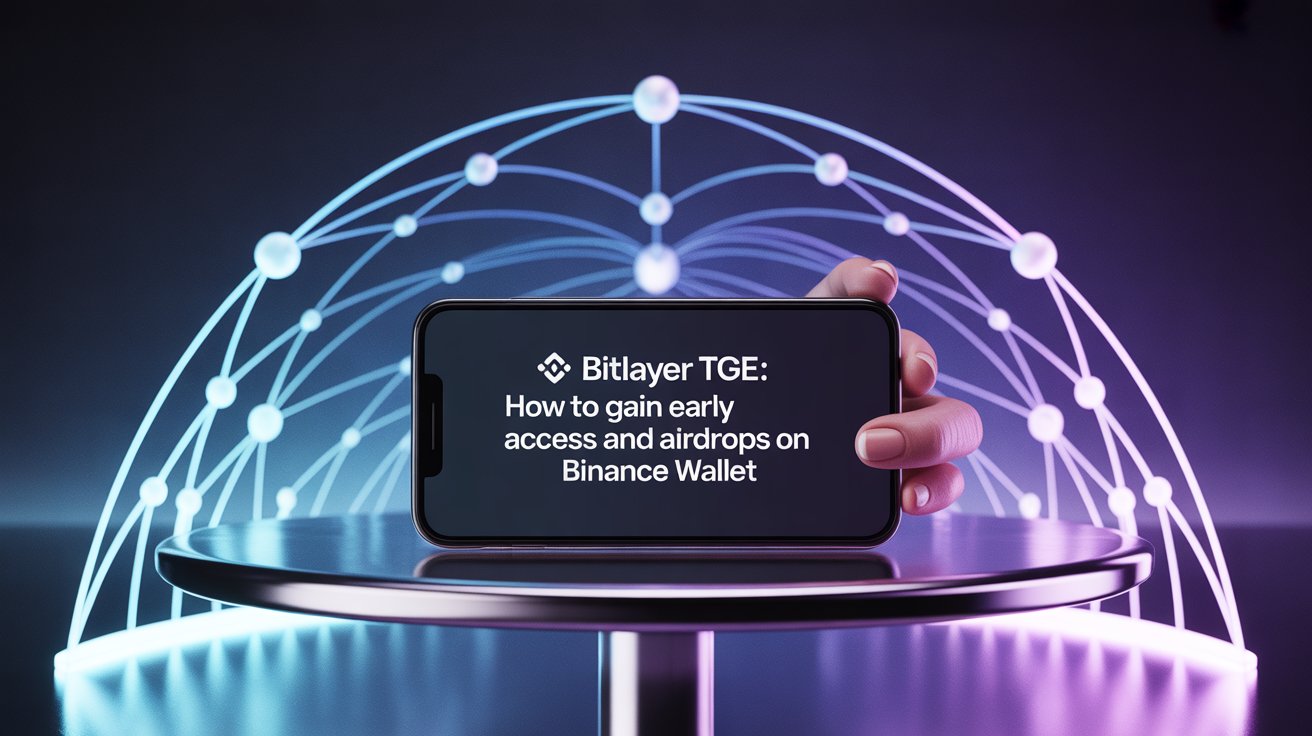News
Sahara AI's Big Leap: Earn Crypto by Powering the Future of AI
ChainPlay
•
2 days ago
Share :

The future of work is changing. And once again, it's tech leading the charge. A new frontier has opened in the world of artificial intelligence. But this time, it isn’t just for coders, engineers, or traders. Regular people, anyone with time and a device, can now earn real money helping AI learn.
That’s the promise behind Sahara AI’s new Data Services Platform (DSP). The Los Angeles-based company has built a unique ecosystem where users get paid in crypto to complete microtasks that power AI systems. Think of it as the gig economy, but for training artificial intelligence, and it’s already dishing out over $450,000 in token rewards at launch.
Welcome to the AI Gig Economy
So what’s the deal? In simple terms, Sahara AI pays people to label data. AI models need tons of clean, labelled data to work well. They need images labelled, voices transcribed, and AI-generated responses rated for accuracy. These small tasks, when done at scale, help improve everything from chatbots to facial recognition.
Until now, this work has often been hidden in the background, underpaid, and undervalued. Sahara AI wants to change that. Their platform works like a bounty board. Companies, research groups, or crypto projects post data-labelling tasks. Users pick the tasks they’re comfortable with, complete them, and get paid.
This model isn't just fairer. It’s decentralised, transparent, and rewarding. Most importantly, it gives regular users access to crypto income without needing to trade or code.
"We’re Going Open"
Sean Ren, Sahara’s co-founder and CEO, explained the shift:
"We’ve been running some closed beta version of the platform in the past few months. Now, we’re moving into this open version, where everyone can come and check the data tasks."
Ren isn’t new to AI. He teaches computer science at the University of Southern California. His company, Sahara, is inspired by existing crypto bounty models like Gitcoin and Immunefi.
These platforms reward open-source developers and bug hunters. Sahara applies the same thinking to AI training data. The outcome? A new kind of digital gig work.
How It Works
Sahara's DSP uses a tiered reward model. At launch, it offers three main task categories:
- Enterprise Tasks: High-value jobs from major clients that pay in Sahara’s native token, $SAHARA.
- Dual-Reward Task: These offer a mix of $SAHARA and tokens from partner ecosystems.
- Community Tasks: These don’t give immediate rewards but offer long-term benefits. Contributors receive ownership stakes in datasets. When these datasets are sold or used, contributors earn a share.
There's more. Rewards are not limited to $SAHARA, as stablecoins like USDC, USDT, and USD1 are also in the mix. That’s a game changer so people can choose to earn crypto with less volatility.
The Quality Challenge
Sahara’s biggest challenge isn’t getting users. It’s making sure they do high-quality work. Bad data can break AI models, and since users are paid per task, the temptation to rush or cheat is always there.
Sahara’s solution? A mix of automation, peer review, and accountability. “We use honeypot questions,” says Ren. These are trick questions designed to catch bots or lazy workers. If you fail them, you get flagged.
The platform also uses contributor reputation scores. Perform well, and your score rises. Cheat, and you’re out. It even goes a step further: Sahara uses AI to catch people who use AI. That’s right. Some users try to use AI tools to automate their responses. Sahara’s models help detect that, and if caught, users are warned or banned.
Shared Data Ownership
One of Sahara’s most interesting features is the concept of shared ownership. In most traditional platforms, you do the work, get paid once, and that’s it. The company keeps the data and profits from it later.
Sahara flips that. In Community Tasks, contributors get a piece of the dataset. If it’s used or sold later, they get paid again and again. It’s like royalties for data.
This aligns incentives better. It encourages contributors to do better work and stay engaged. Ren believes this will create a more ethical and sustainable ecosystem for AI development. “Labelled data is fundamental,” he says. “It’s how AI models learn. If we want better AI, we need better data. And that starts with treating data labellers fairly.”
From Side Hustle to Full-Time Work? A Platform for Everyone
Sahara’s DSP is not just for professionals. It’s designed for anyone who can follow instructions. You don’t need to be a data scientist. You don’t need to know Python. You just need time, attention to detail, and a willingness to contribute.
That opens up new opportunities, especially for people in countries where access to high-paying digital jobs is limited. With just a phone or a laptop, they can now earn crypto by helping build the future of AI.
It’s still early. But if Sahara gains traction, this model could expand fast. Imagine thousands of people across the world doing small data tasks during their free time, on the bus, after dinner, between jobs, and getting paid instantly.
It could become a new kind of micro-income stream. One that’s global, decentralised, and AI-powered. Will it replace full-time jobs? Probably not. But it doesn’t have to.
As the world shifts toward automation, platforms like Sahara offer a way for everyday people to stay connected to the digital economy. Not just as users or consumers, but as contributors and stakeholders.
The Bigger Picture
Sahara isn’t just another crypto platform. It’s part of a larger movement and a bold statement. A statement that AI should be built with community effort. That data labelling is not menial work but a foundational duty. That value should be shared, not hoarded.
Most of all, it’s a chance for anyone, anywhere, to earn crypto by powering the tools of tomorrow. So if you’re looking for a way into the AI revolution, you don’t need a PhD or a trading bot. You just need to get started.
Visit Sahara AI. Pick a task, label data, and earn crypto. The AI gig economy is here, and it pays in tokens.
Share this article
#Other
Latest News

ZK Chatbots Promising Privacy, But Who Pays?
21 hours ago

Aave Faces $1.7B Liquidity Drain as Justin Sun Pulls
13 hours ago

Takashi Murakami's "108 Flowers Revised" NFT Trading
13 hours ago

New Adventures Begin August 15 with RavenQuest’s The
21 hours ago

Bitlayer TGE: How to Gain Early Access and Airdrops
2 days ago
Related articles

Famous Japanese pop artist Takashi Murakami has announced the launch of a new collectible trading card series, 108 Flowers Revised, as NFTs on the Base app. The new series is a major breakthrough in the NFT market after a long period of drought. Beginning July 31, the digital cards will be minted by collectors, who will be able to add a new chapter to the growing presence of the artist in the NFT space.
ChainPlay
•
13 hours ago

Aave’s liquidity drops as Justin Sun exits $646M in ETH. Ethereum staking faces pressure, while institutions ramp up staking after SEC clarity.
ChainPlay
•
13 hours ago

ZK chatbots promise to make DeFi more accessible and secure, but their backend requirements may prove unsustainable without broader innovation.
ChainPlay
•
21 hours ago



